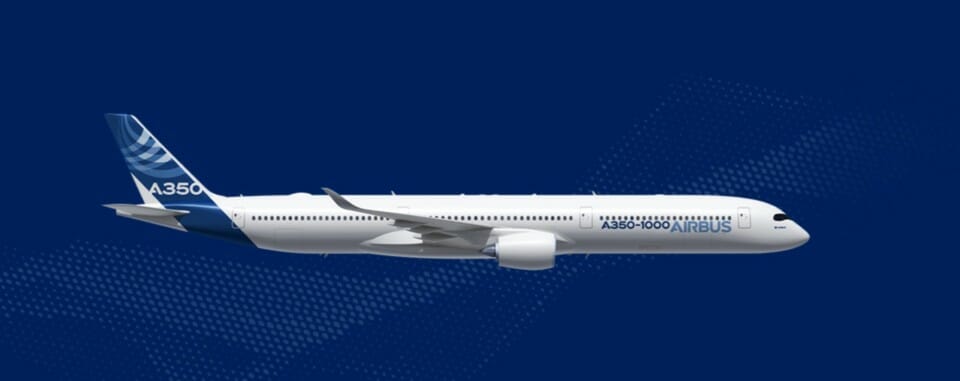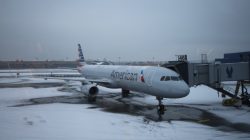The U.S. tariff war is heating up again regarding the sale of Airbus aircraft to U. S. airlines. The basis of this long-time war is the amount of financing that Airbus received from countries where Airbus has factories. The United States Trade Representative (USTR) refers to these as illegal subsidies received by Airbus.

This dispute has been intensifying. There are new tariffs on goods from Europe that are coming into effect. One of those was the 10% tariff on Airbus aircraft to U. S. carriers that was announced last October. The 10% tariff was approved by the World Trade Organization. Now the USTR has succeeded in raising the Airbus tariff another 5% to 15%. The additional tariff amount announced last Saturday by the USTR. The USTR was seeking a total tariff amount equaling 100% against Airbus.
Response From Airbus
Airbus deeply regrets USTR’s decision to increase tariffs on aircraft imported from the EU as well as the decision to maintain tariffs on goods from other sectors.
USTR’s decision to impose tariffs further escalates trade tensions between the US and the EU, thereby creating more instability for US airlines that are already suffering from a shortage of aircraft.
USTR’s decision ignores the many submissions made by US airlines, highlighting the fact that they – and the US flying public – will ultimately have to pay these tariffs.
Airbus will continue its discussions with its US customers and work with them to mitigate the effects of tariffs insofar as possible.
Airbus has and will continue to push for a negotiated settlement to this 15-year-long dispute. USTR’s further escalation complicates efforts to find a negotiated outcome to this dispute. This is regrettable.
Airbus hopes that USTR’s position will change, especially when the WTO will authorize the EU to impose tariffs on Boeing aircraft, including the 737Max, 787 and 777 aircraft in the May/June timeframe.
What This Means For U.S. Carriers
Unless Airbus is willing to reduce the sales price of their aircraft by the tariff amount, their U. S. customers will end up paying more for aircraft. Airbus states they are “in discussions with its U. S. customers and (will) work with them to mitigate effects of tariffs insofar as possible”. I imagine that U. S. carriers had not budgeted for any additional costs for aircraft acquisition so it will be interesting to see how much help Airbus will provide. If they do subsidize the tariffs, will that be a trade violation?
Final Thoughts
Airbus also said, “this move further escalates trade tensions between the U. S. and the EU, thereby creating more instability for U. S. airlines that are already suffering from a shortage of aircraft”. This is undoubtedly referring to the grounding of the Boeing MAX aircraft for the past 11 months. This factor has affected expanding service by United, American, Alaska and Southwest. Airline scheduling of the 737MAX is being pushed back to September, 2020.

